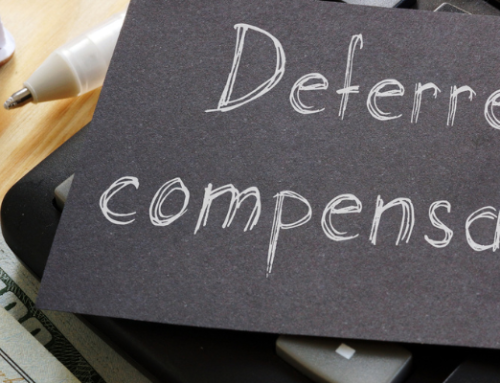If you are new to government contracting or are hoping to participate in the government marketplace you have probably noticed that in many Requests for Proposal (RFPs) the need for an “approved” accounting system. In most cases, you won’t even be considered a viable participant in the proposal process without an “approved” accounting system.
First of all, this is not a software requirement necessitating a large upfront investment and a complicated and costly, in time and money, implementation and learning period. It can be accomplished manually or through the utilization of an out-of-the-box, off-the-shelf commercially offered software package such as QuickBooks.
Before Contract Award
There are basically two ways to gain government approval of your accounting system before contract award. One is to have your cognizant government auditor (i.e., DCAA) perform an assessment utilizing the process defined in their Contract Audit Manual (CAM) in Chapters 5-200. A second, with the contracting officer’s approval, is to utilize a knowledgeable, independent public accounting firm to complete a pre-award accounting system assessment utilizing Standard Form (SF) 1408 found at FAR 53.301-1408.
Keep in mind that, since this is a pre-award assessment it only establishes your accounting system’s “capability” to adequately perform on government contracts. It is directed at the requirements to perform on cost-type contracts, time and materials contracts, labor hour contracts, or contracts with interim billings based on the cost incurred (i.e., progress payments).
These pre-award “capability” assessments can be performed in a relatively short period of time if the system is properly documented and supporting policies and procedures have been developed. They are generally only good for three (3) years before they need to be performed again. This period may be shortened at the discretion of the cognizant contracting officer if he/she feels that the size and complexity of the anticipated procurement or changes in the contractor’s organization warrant an updated assessment of the contractor’s compliance risk.
After Contract Award
Once you have been awarded a contract the compliance reviews move from assessing your capability to comply with applicable procurement regulations to verifying that your accounting system and processes are actually performing as required and compliant with the FAR.
These audits are performed only by DCAA or your cognizant government auditor and follow the process contained in the CAM in Chapters 5-300. They are directed at your compliance with DFARS 252.242-7006, Accounting System Administration.
Following the same evaluation criteria as the SF1408, but in much greater depth, the auditors are looking to verify that what has been established as adequate prior to the award is actually being accomplished. The following are some of the major steps taken in the performance of this audit:
Taking into consideration the size and complexity of the organization along with the potential risk environment a sound internal control environment exists.
The review of established policies and procedures and the process of tracing source documents through the accounting process ensures that:
- Direct and indirect costs are properly identified and segregated.
- Direct costs are accumulated by contract or assigned cost objectives.
- Indirect costs are properly accumulated by assigned accounts and allocated to intermediate and final cost objectives in a logical, consistent, and documented manner.
- Indirect cost allocation rates are calculated at least monthly so as to provide year-to-date indirect rates to facilitate management monitoring of provisional billing rates.
- All costs incurred are accumulated under general ledger control and any subsidiary cost ledgers are reconciled monthly to the general ledger control account.
- All original and adjusting entries into the general ledger are properly approved and documented.
- Costs are charged to contracts and indirect accounts on a monthly basis and in a timely manner.
- A timekeeping process (manual or automated) that identifies all employees’ labor hours and distributes them to the appropriate direct and indirect cost objectives on a timely basis.
- Costs are identified and recorded in a manner consistent with the way they included in the established costs estimating process.
- Costs deemed to be unallowable by the Federal Acquisition Regulations (FAR) Part 31 or by provisions of the contract are properly identified, segregated and eliminated for any billings, claims or proposals to the government.
- Any costs incurred prior to contract award (i.e., preproduction) are identified and properly handled.
- Requirements of FAR 52.232-20, Limitation of Costs, FAR 52.232-22, Limitation of Funds, and FAR 52.216-7, Allowable Cost and Payments, for the reporting of contract information are in-place and adhered to when billing costs to the government.
- Cost recorded are recorded in the general ledger on an accrual basis and in accordance with Generally Accepted Accounting Principles (GAAP).
As you can imagine, these in-depth post-award accounting system audits can and do take a considerable amount of time and require contractor participation. It is strongly suggested that you perform an internal assessment of your compliance before an audit is performed and participate in the audit process to ensure a favorable result.





